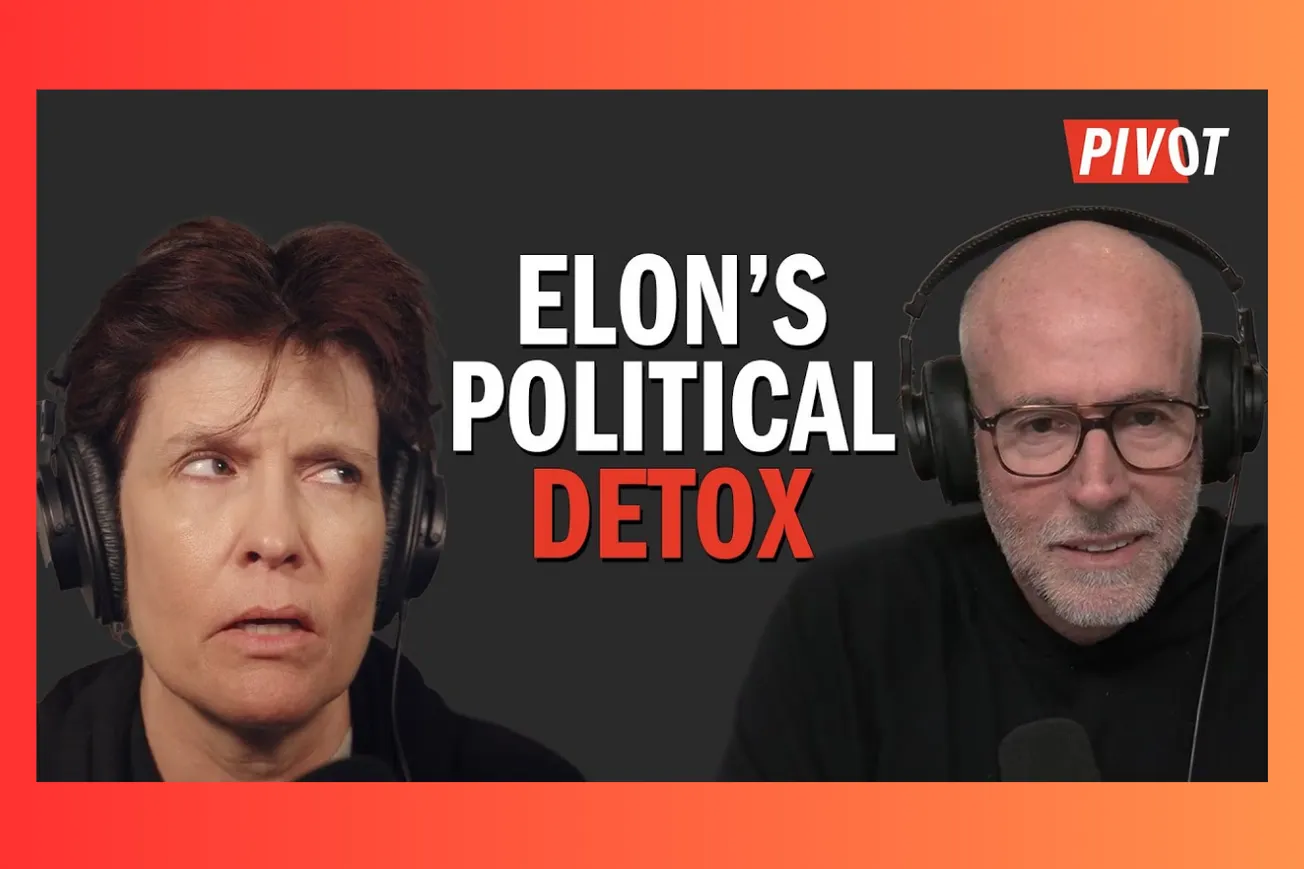Table of Contents
After years of meddling in U.S. politics and promoting his brand via billion-dollar campaigns, Elon Musk says he's done. But his “exit” raises more questions than it answers—about power, perception, and the price of playing kingmaker.
Key Takeaways
- Elon Musk claims he’s pulling back from political donations—but his past influence is still shaping policy.
- The Doge program and GOP alignment have backfired, costing credibility and cash.
- Tesla's brand reputation has cratered, falling from the top 10 to #95 in the U.S.
- Musk’s political investments didn't yield savings—they may have led to massive fiscal losses.
- Critics argue that Musk's influence reflects a wider trend of billionaire governance through wealth.
- Despite “pulling back,” Musk still benefits from regulatory relief and federal deals.
- His cultural footprint remains immense—through X, Starlink, and media manipulation tactics.
Billionaire Burnout: Musk Bows Out—Or Does He?
- At the Qatar Economic Forum, Elon Musk announced he was “significantly reducing” political spending—a retreat framed as exhaustion, not remorse.
- He cited frustration with Congressional gridlock, but critics suggest it was more about diminishing returns.
- After funneling nearly $290 million into PACs and candidates, and pouring $25 million into a failed Supreme Court bid, Musk appears to be pulling back—but not out.
- His statements sidestep accountability, casting himself as a visionary ignored by a failing system.
- And yet, Musk continues to enjoy the fruits of political entanglement: loosened regulations, favorable contracts, and access.
- What looks like political withdrawal may simply be phase two: quieter, more transactional, and less public-facing influence.
The Doge Delusion: From Chainsaws to Collapse
- The Doge plan was Musk’s blueprint for “efficiency”—a radical attempt to privatize austerity through elite technocratic cuts.
- Slashing the IRS by 50%, gutting federal HR, and recommending deep agency defunding were pitched as fiscal genius.
- But budget savings of $170 billion pale when weighed against tax revenue lost from audit reductions alone—estimated at $400 billion.
- Moreover, agency dysfunction—created by aggressive attrition—sparked service delays, project halts, and litigation spikes.
- Musk called these “short-term inconveniences,” but federal staff described them as “institutional sabotage.”
- The image of Musk wielding a golden chainsaw at a donor event became symbolic of Doge: performative, reckless, and self-serving.
Tesla: A Brand in Freefall
- Once a case study in clean tech ambition, Tesla has become a cautionary tale of founder overreach.
- Axios ranked it #8 in brand favorability in 2020. By 2024, it fell to #95—below insurance companies and fast food chains.
- Revenue dipped 20% in Q1. Net profit collapsed by 71%. U.S. market share is down; European decline is steeper.
- California, once Tesla’s most loyal market, has cooled. Liberal consumers balked at Musk’s rightward lurch and culture war antics.
- Meanwhile, GOP voters—cheering his rhetoric—refused to adopt EVs, citing cost, regulation, and “green elitism.”
- Musk mistook applause for demand. He spoke to the base but ignored the buyer.
- As a result, Tesla alienated both sides of the aisle—and ran out of cultural leverage.
Grift and Governance: The Oligarch Feedback Loop
- Musk’s trajectory is a blueprint for how modern billionaires shape policy:
- Donate heavily to deregulation-focused candidates
- Push legislation that benefits holdings (SpaceX, Starlink, Tesla)
- Use private platforms to steer public discourse (X)
- Rebrand political meddling as philanthropy or “innovation”
- This dynamic mimics state capture: private capital steering public infrastructure.
- It’s no coincidence that Musk now functions with quasi-sovereign autonomy: running internet in warzones, advising on defense strategy, and shaping AI discourse.
- FDR-era “class traitors” embraced public institutions. Musk treats them as inefficient obstacles.
- His brand of techno-libertarianism is less about freedom than control—concentrated in the hands of those who can afford it.
The Myth of the Political Exit
- Musk's so-called retreat is a narrative pivot, not a structural one.
- Starlink continues to ink Pentagon contracts. Tesla still receives state-level tax incentives.
- His platform, X, amplifies political content under the guise of “free speech absolutism”—a euphemism critics argue enables extremist messaging.
- Meanwhile, his public statements on immigration, elections, and vaccine policy continue to ripple through media cycles.
- He may stop cutting checks—but influence doesn’t need cash. It needs infrastructure, audience, and attention. Musk has all three.
The Real Cost of Musk’s Involvement
- The Doge era’s legacy isn’t fiscal reform—it’s administrative decay.
- Federal agencies hollowed out by funding freezes have been slow to rebound, affecting everything from healthcare oversight to transportation safety.
- Disinformation surged as agencies struggled to moderate content without enforcement tools.
- Tesla’s stock volatility hurt pension funds, retail investors, and clean-tech credibility.
- Musk’s Twitter rebrand to X—coupled with reinstating banned accounts—drove advertiser flight and political polarization.
- The cultural cost? A generation of voters increasingly cynical about climate tech, digital platforms, and elite intent.
What Comes Next: Musk After the Megaphone
- Expect Musk to double down on “anti-woke” messaging while claiming apolitical neutrality.
- He’ll likely lean further into defense and aerospace—less regulated, more lucrative, and ideologically aligned.
- AI will be his next battlefield. xAI is poised to frame Musk as a “protector of truth” amid fears of AI censorship and hallucination.
- Behind the scenes, Musk’s influence will persist in the form of data contracts, lobbying infrastructure, and influence pacts with other ultra-wealthy actors.
- His political spending may shrink—but his gravitational pull won’t.
Elon Musk’s political “exit” is a sleight of hand. He hasn’t retreated—he’s retooled. The power remains, rebranded under new optics. Unless society reforms how power is acquired, wielded, and regulated, the next disruption won’t be engineered in a lab—it’ll be financed in silence.





